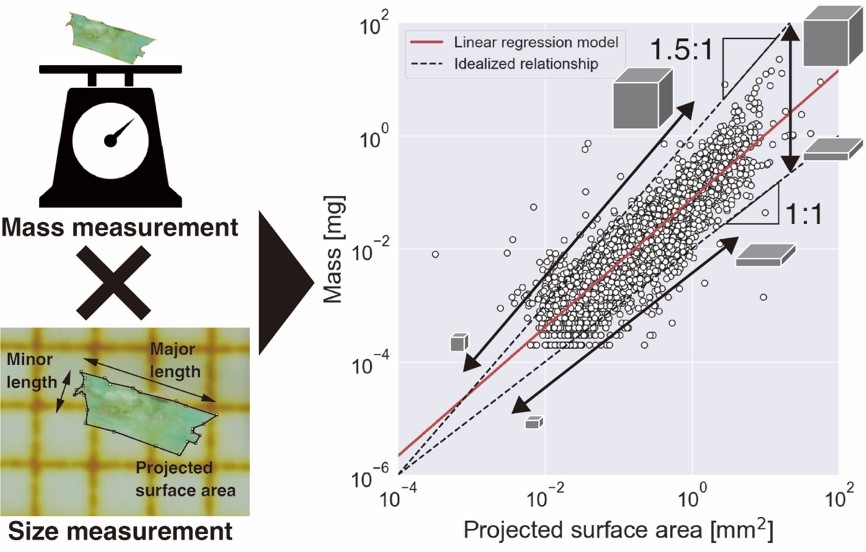2024-07-19 エディンバラ大学

<関連情報>
- https://www.ed.ac.uk/news/2024/morals-are-key-to-consumer-views-on-lab-grown-meat
- https://www.sciencedirect.com/science/article/pii/S0195666324000989?via%253Dihub
食肉と道徳: 培養肉に対する態度は、純粋性という道徳的基盤から予測されるが、有害性からは予測されない Meat and morality: The moral foundation of purity, but not harm, predicts attitudes toward cultured meat
Matti Wilks, Charlie R. Crimston, Matthew J. Hornsey
Appetite Available online 7 March 2024
DOI:https://doi.org/10.1016/j.appet.2024.107297
Abstract
Cultured meat (also referred to as cultivated, cell-based, or cell-cultured meat) is a novel food technology that is presented as a method of meat production without reliance on large-scale industrial farming. The pro-cultured meat narrative rests, in part, on a moral foundation: cultured meat is purported to alleviate the environmental and animal welfare harms associated with farmed meat. Despite this narrative, no research has examined which moral values underpin attitudes towards cultured meat. To examine this, we surveyed 1861 participants from the United States and Germany about their moral foundations and their attitudes towards cultured meat. In line with predictions, people who more strongly endorse moral values about purity (i.e., had higher scores on the purity subscale of the moral foundations scale) held more negative attitudes towards cultured meat. However, this relationship was much more consistent among participants from the United States than participants from Germany. Against predictions, attitudes towards cultured meat were not reliably associated with the extent to which people focus on harm as a moral foundation. The latter finding was particularly surprising in light of harm-reduction narratives around cultured meat. These findings demonstrate the need for a more nuanced discussion about, and understanding of, consumer concerns around cultured meat and the values that underpin them.



